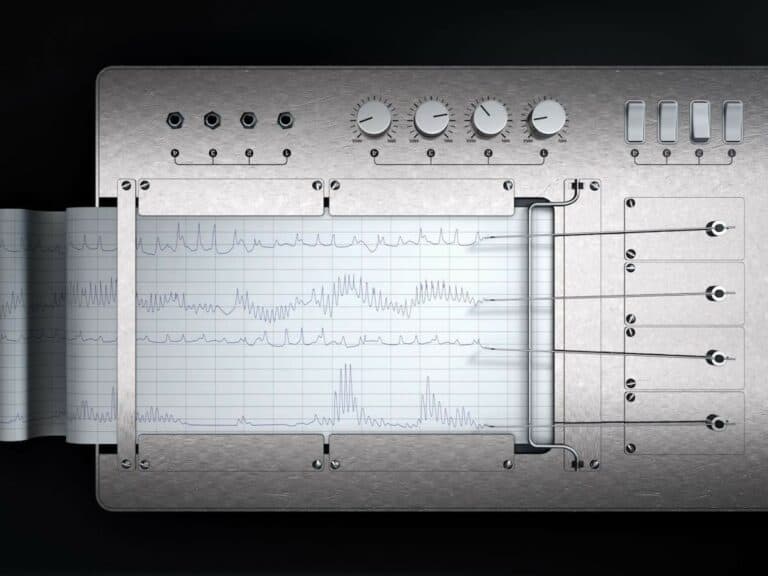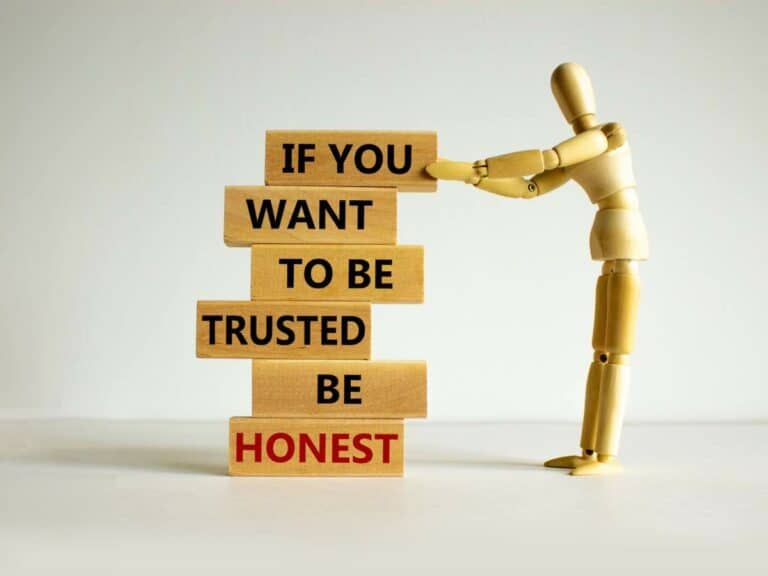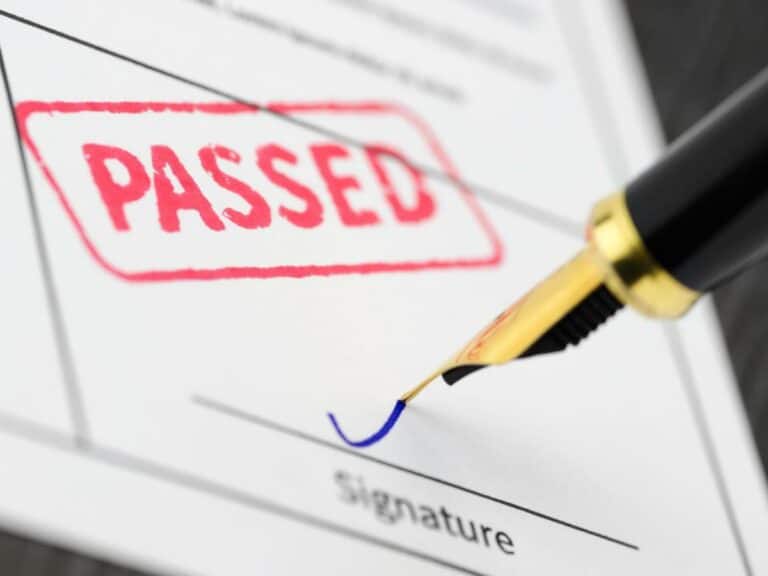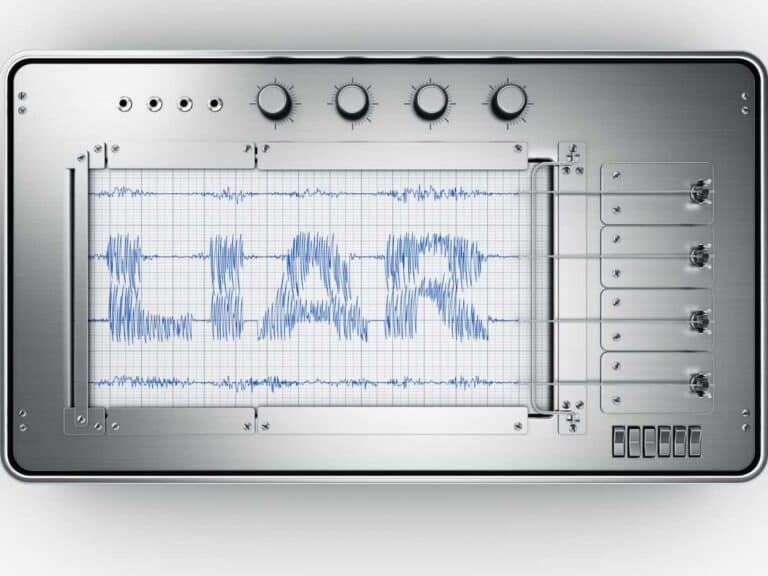5 Things That Can Mess Up a Polygraph Test
Proponents say that a polygraph is up to 90% accurate. The other 10%? It could be due to things that can contaminate a lie detector test, some of which are by the polygraph examinee, while others are by the polygrapher.
There are 5 things that can mess up a polygraph, and they are the following: medical conditions, medications, countermeasures, bad polygraph examiners and an unsuitable testing environment. A contaminated test can result in either a false positive or a false negative polygraph. At times, it may end up in an inconclusive result, too.
Retaking the lie detector test is always a possibility. However, it can cause unnecessary stress and anxiety on the subject as well as additional costs for the people who require its administration.
Below, we will talk about 5 of the things that can affect the results of polygraphs. Knowing them can help ward off avoidable polygraphy-related issues if you are about to take an exam soon.
1. Medical Conditions
Serious problems that have something to do with the heart, such as hypertension or hypotension or a recent heart attack or stroke, can contaminate a polygraph test. Just about any physiological issue that can affect blood pressure and heart rate can have an impact on the examination’s result.
Conditions affecting the autonomic nervous system, which is tasked with regulating an assortment of involuntary physiologic processes, including those that are monitored during a lie detector test such as blood pressure, heart rate, respiratory activity and sweating, can also mess up the exam.
The same is true for some psychological issues such as anxiety and depression.
During the pre-test phase, it’s of utmost importance for the polygraph examiner to determine whether or not the subject suffers from a medical condition that can impact the result. The presence of any, in most instances, calls for the cancellation of the examination.
Pregnant women, whose vitals are more likely to be elevated as well as at risk of having complications, are not allowed to take a lie detector test except if they have a written consent from their respected doctors.
Read Also: Medical Conditions That Affect a Polygraph
2. Drugs and Medications

Besides certain medical conditions themselves, some drugs and medications for treating or managing them can also have an impact on the result of a polygraph examination. It’s for the fact that their formulations can affect some physiological processes, either directly or as an unwanted side effect.
And that is why the subject of a lie detector test should disclose to the polygraph examiner during the pre-test phase not only any medical condition of his or hers but also anything that he or she is taking for it.
Medications for hypertension or high blood pressure, for instance, usually lower both blood pressure and heart rate. If their active ingredients are still present in the system of polygraph examinees, their readings when in a relaxed state and stressed state may not vary that much, which can easily lead to an error or inconclusive result.
Read Also: 20 Prescription Drugs That Affect a Lie Detector Test
3. Polygraph Subject Countermeasures
Simply put, countermeasures are things an examiner deliberately does in order to beat the polygraph test. They can either be premeditated or spontaneous. Either way, if implemented successfully, countermeasures can result in an inconclusive finding or an error such as a false negative.
The following are some of the most popular countermeasures done by subjects:
- Being anxious when answering irrelevant questions, which are questions meant to help the examiner establish a baseline reading for when the examinee is in a relaxed and comfortable frame of mind.
- Biting the tongue or cheek to increase the vitals when being asked completely harmless questions that have absolutely nothing to do with the crime or misdemeanor being investigated.
- Pressing the toe against a tack in the shoe to activate the fight or flight response when the questions are obviously for obtaining a baseline during a relaxed state.
- Squeezing large muscle groups such as the biceps or thighs — some go for the anal sphincter to avoid getting caught — to accelerate the vitals at strategic moments during the exam.
- Feeling calm when answering control and relevant questions, both of which can be uncomfortable to answer, thus allowing the examiner to establish a baseline reading for when the subject is stressed.
According to a report by AntiPolygraph.org, polygraph experts themselves admit that countermeasures can indeed be effective and, at times, difficult to detect.
If caught deploying countermeasures, you will get a PNC result. Short for purposely non-cooperative, PNC on the written report can be regarded as a refusal to take the lie detector test. If the polygraph examination is a part of a pre-employment screening, you could lose your eligibility for the job.
Read Also: How To Clear Your Mind for a Polygraph Test
4. Unqualified Examiners
Sometimes, it’s not the examinee that can mess up a polygraph test but the examiner. It’s not enough for the person conducting a lie detector test to be familiar with a polygraph instrument — how it works, how it is operated and where the various sensors go. He or she should also know how to interpret the chart.
In some states, all polygraph examiners must be licensed. And this can make it difficult to find qualified polygraphers where being licensed is not a requirement.
Therefore, it’s up to the parties requiring the test, such as employers, to find the most eligible experts.

Licensed or not, a qualified examiner will do everything necessary to keep the result from being contaminated. Such can be done by properly orienting the subject about the procedure and obtaining the necessary information, such as whether or not the individual has a medical condition or is taking medication that can mess up the test.
It’s also a must for the examiner to be trained and experienced enough to know how to properly formulate yes or no questions as well as assess the chart to come up with an accurate and reliable report.
5. Inappropriate Test Environment
The place where the lie detector examination is conducted can also affect the polygraph result. A room that’s too hot or too cold or the presence of distractions is a complete no-no. An uncomfortable chair can also affect the vitals of the examinee, which can easily lead to the contamination of the test.
A good polygraph examiner should have a room in his or her office that is conducive to the exam.
Similarly, if the test has to be conducted elsewhere such as in the workplace for screening job candidates, the expert should look for ways to minimize triggers and stimuli as much as possible.
Why a lie detector test isn’t 100% accurate is that various things can keep it from churning out the most precise and reliable results all the time. Some of them can be attributed to individuals who are taking the examination, while others can be blamed on persons who are conducting the polygraph.
In any case, it just goes to prove that a polygraph test is not entirely foolproof.
About to undergo a lie detector test?
Before you attempt to mess up with the result, consider possible consequences such as having to retake the exam and subjecting yourself to another round of stress and anxiety.
Related Questions
Why did I fail the polygraph when I told the truth?
Innocent persons can fail a polygraph test not necessarily because of lying. Being anxious about the examination can cause physiological responses similar to deceptive individuals. Similarly, trying hard to control bodily reactions that a polygraph machine monitors can also result in a failed test.
Why was I told I failed the polygraph but actually passed?
It’s not normal for a polygraph examinee to be told he or she failed immediately after the test. Typically, one has to wait for at least 24 hours to get the result. Some polygraph examiners, however, may tell examinees that they failed the test in an attempt to force them to make a confession.
Read Next: What Happens If You Lie on a Polygraph






